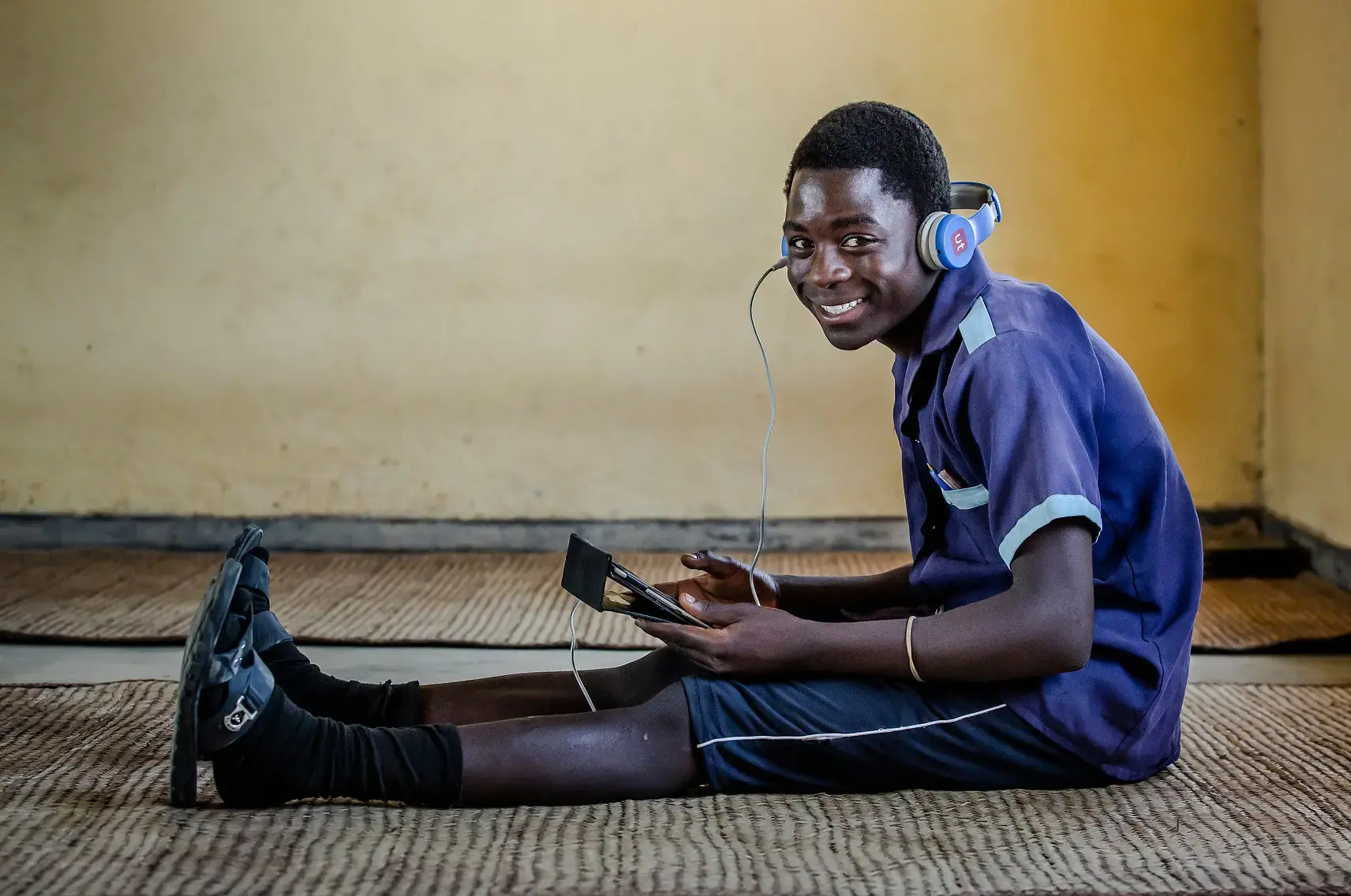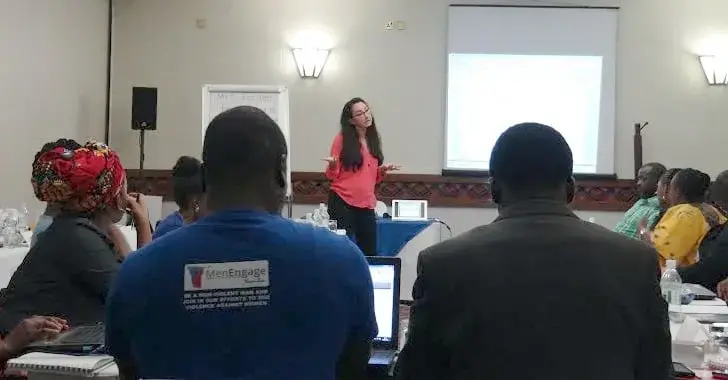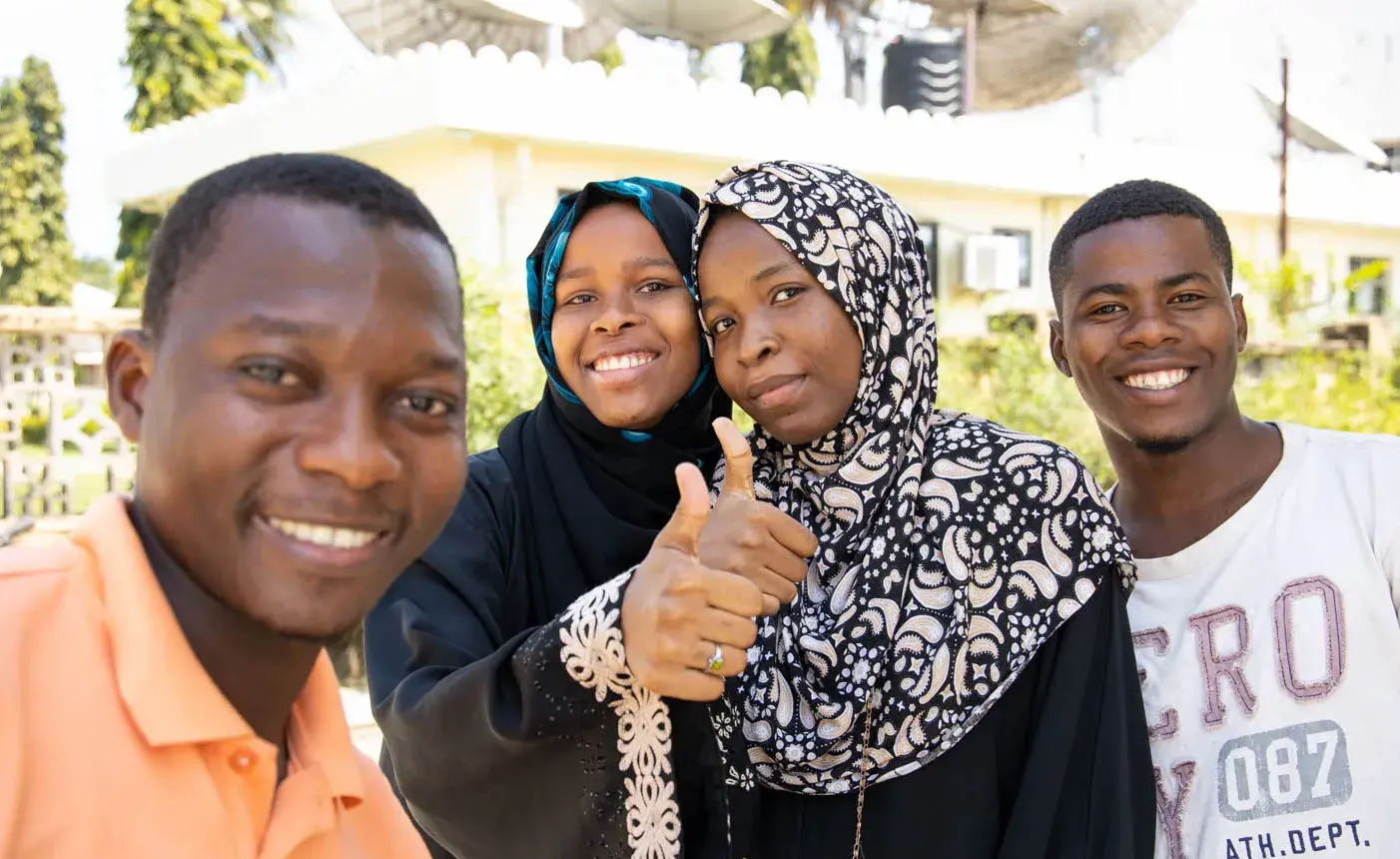While men are implicated in public health and human rights challenges across the African continent, they are also an integral part of their resolution. This is whether it be ending sexual violence, promoting sexual and reproductive health and rights, preventing new HIV infections, caring for those infected with HIV, reducing the burden of childcare borne by women and girls, or promoting gender equality and holding government to account for their commitments.
In all of these areas, men and boys play a central role as partners and change agents and as leaders in governance.
A growing body of research has helped us to understand the origins and nature of the problems faced by the continent and the role of men and masculinities in these, as well as the opportunities and potential for change. For example, we now have evidence to show that well implemented gender transformative interventions can bring about significant changes in men’s gender- and HIV-related attitudes and practices.
It is crucial to engage men and boys as they are central to addressing the public health and human rights problems facing Africa. Thus, UNFPA in partnership with governments and civil society have affirmed the need to involve men and boys in achieving gender equality, reducing violence against women and girls, reducing HIV & AIDS and promoting the rights and well-being of women and girls, and men and boys themselves. Men and boys are encouraged to abandon harmful stereotypes, embrace respectful and healthy relationships, and support the human rights of all.
UNFPA’s response
At UNFPA, we believe that partnering with men in sexual and reproductive health (SRH) is a way to improve SRH outcomes through a gender-sensitive approach. This is based on the Cairo principles of reproductive health, gender equality and women’s empowerment. The pillars that support these principles are mutual respect for one’s entitlements; supportive relationships built on trust, mutual support, shared benefits, and negotiation; and women and men both taking ownership of problems and being part of the solution.
Many UNFPA-supported programmes emphasize men’s role in reproductive health. Various projects target different groups of men – from soldiers to religious leaders – to achieve different goals. For young men, partnering would mean being respectful of women and seeking relationships based on equality with their partner.
The Fund participates in the UN Secretary-General’s Unite campaign to end violence against women and girls, and uses it as an opportunity to advance GBV interventions at country and regional levels. This includes strengthening country office staff capacity to develop effective programmes intent on engaging men and boys on HIV, prevention of GBV and maternal mortality, and to promote gender equality and reproductive rights.
The Fund also works with Regional Economic Commissions to strengthen advocacy efforts with governments in fulfilling their national, regional and international commitments for gender equality and the achievement of the Sustainable Development Goals, including SDG5 on gender equality.





